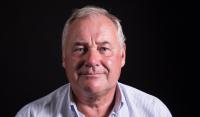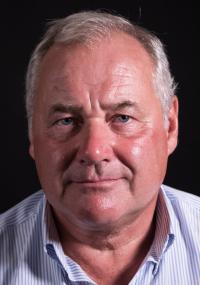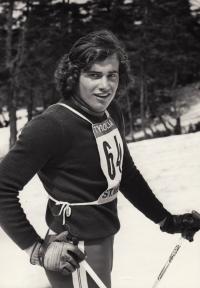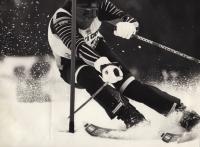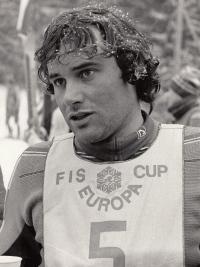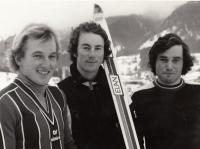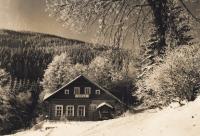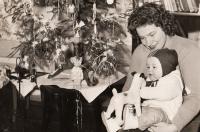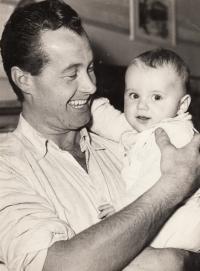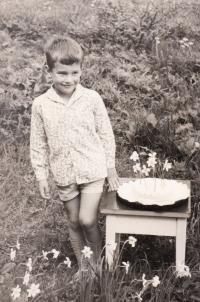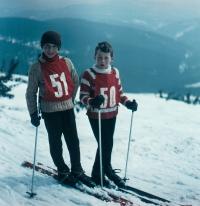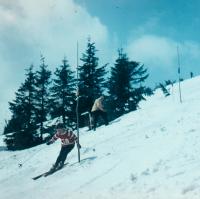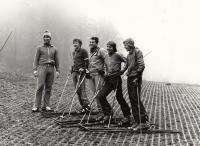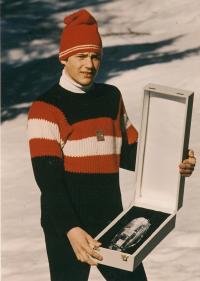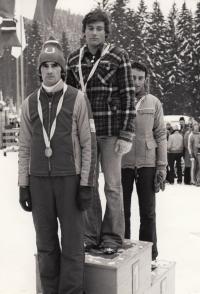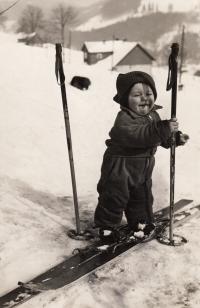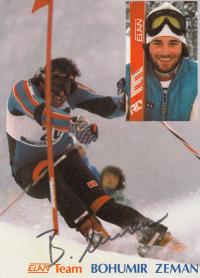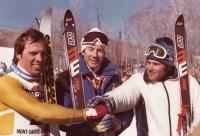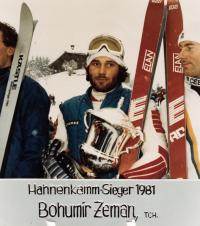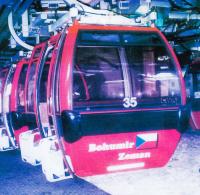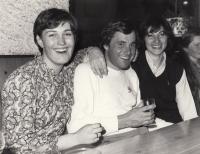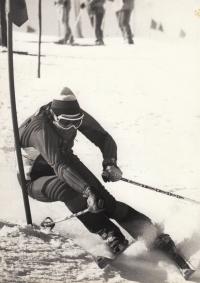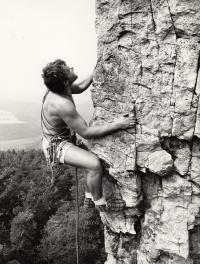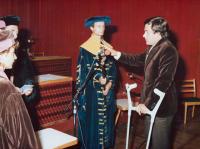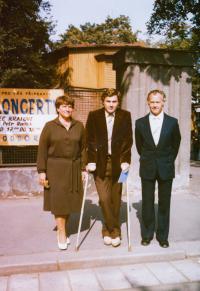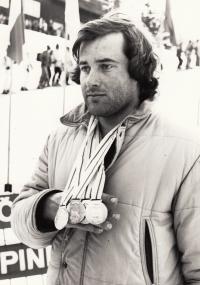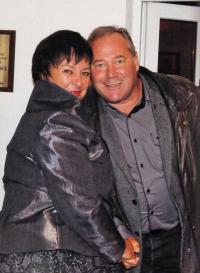As a communist, the trainer was allowed to defraud money

Download image
Bohumír Zeman was born on May 26, 1957, in Vrchlabí. He is a former Czechoslovak national team member in downhill skiing and the first Czech to ever win a medal in a World Cup race. He grew up in Špindlerův Mlýn, where he also launched his professional career. He placed third in the 1974 junior European Championship in slalom and second in the 1975 championship in giant slalom. Thanks to his precociousness he raced in the World Cup at sixteen and at seventeen took part in the World Championship in St Moritz. His biggest achievements include 17th overall ranking in 1978/9 World Cup, third place in the giant slalom at Mont Sainte-Anne, Canada, in March 1980, and a victory in classic combination at Kitzbühel in 1981. Besides that he was three times the Academic World Champion and won three races of the European Cup. His racing career ended prematurely at twenty-six due to an injury and a conflict with his trainer, because of which he was disqualified for life from the Czech National Ski Team. He then worked as a youth trainer in Vrchlabí – until 1990. In the late 1980s he also served as a member of the mountain rescue service. After the collapse of the communist regime he left for Lichtenstein, where he stayed for three years, training the ski national team. Then he returned to Špindlerův Mlýn and launched his own business. He built a state-of-the-art ski arena in the town and brought here Women’s World Cup events. He served on the municipal board in 2002 and 2010 and in 2006 to 2010 was its mayor. His daughter Andrea Zemanová is a member of the Czech National Ski Cross Team.
